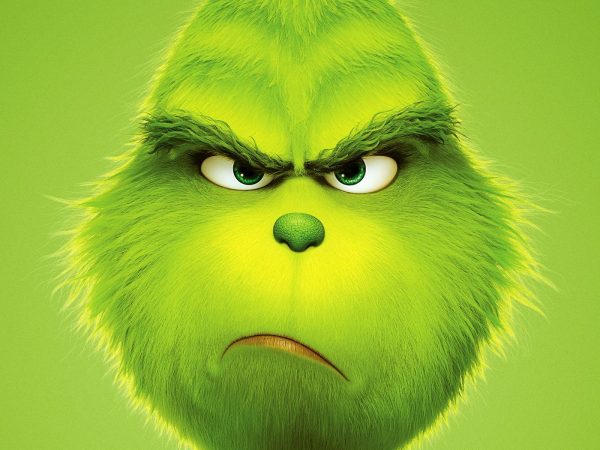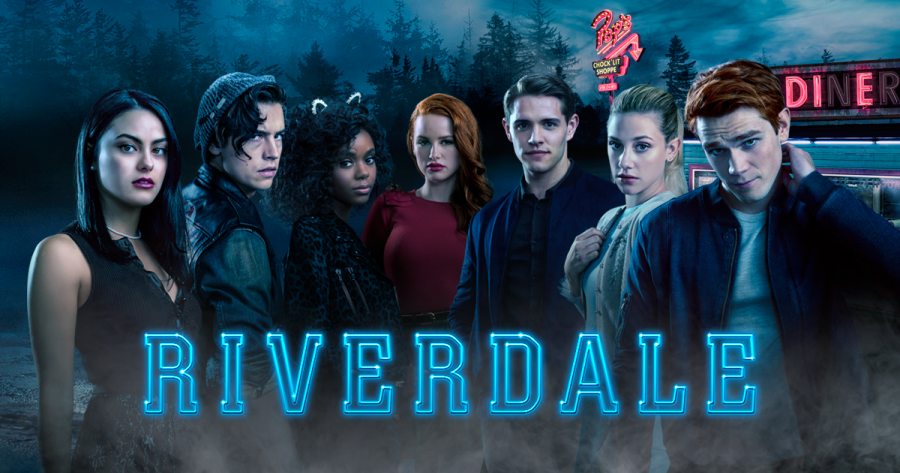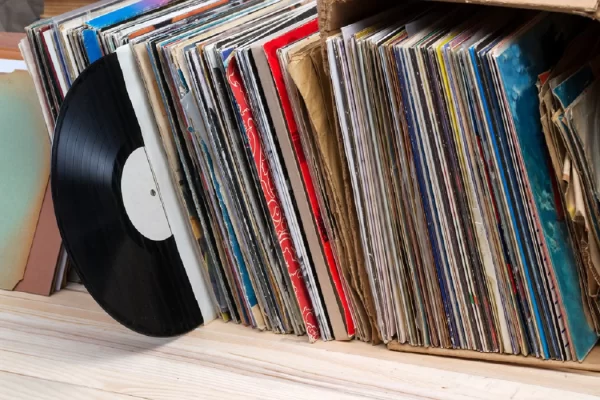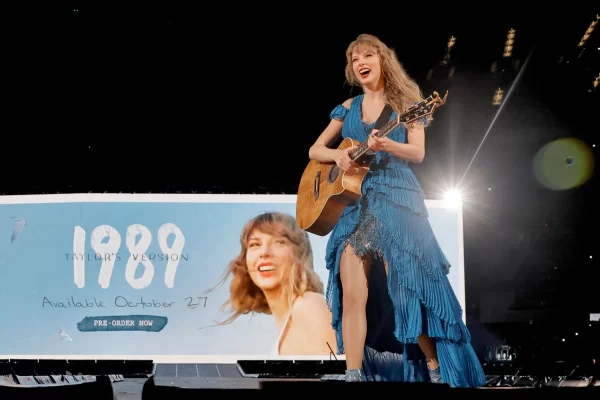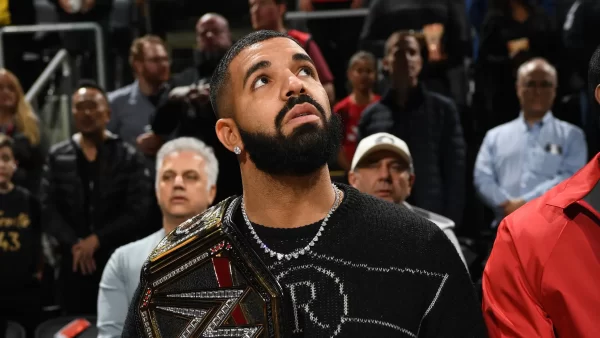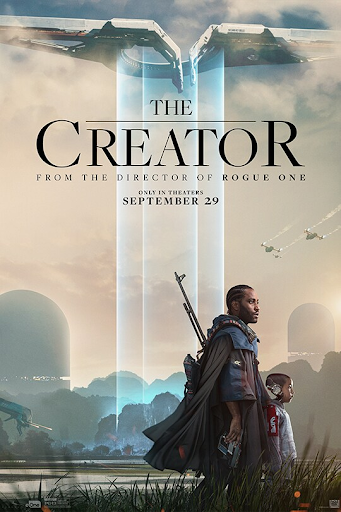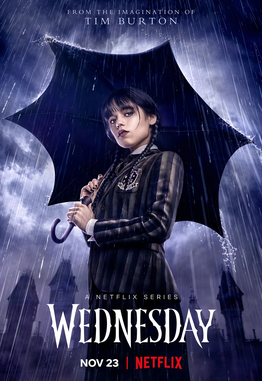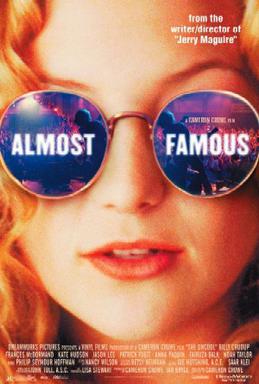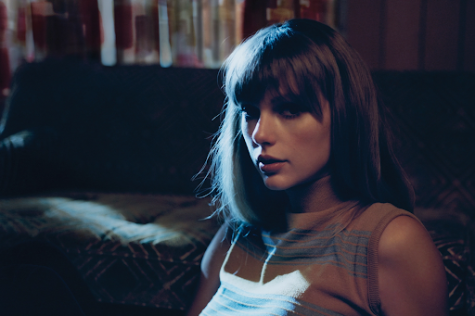The Case for Riverdale
**This article contains spoilers through the third season of Riverdale.**
Oh Riverdale.
In 2017, it seemed that CW’s show, derived from Archie Comics with the same main characters, was unstoppable. The first season quickly propelled the cast into stardom. They made appearances at ComicCon, the American Music Awards, and even Coachella. Fans flocked to Netflix, where the first season was made available after airing on the CW from January to May.
The first season’s arc was perfect: a murder-mystery with just enough plotlines to keep the audience on their toes—a bit of high-school politics, a teacher-student romance, and tension between football and music—ending in a satisfying, straight-forward conclusion. The writers had viewers hooked for season two, cleverly teasing the death of Fred Andrews, the father of Archie played by the late Luke Perry.
In October of the same year, season two began to aire. And it was all very… messy. The writers tried to expand the world they had created, introducing new characters, new relationships, and a new villain, but very quickly the small town of Riverdale was too much to handle. The third season only fed the fire, further complicating already-complicated dynamics and causing fans to lose the little bit of belief they had that Riverdale was at all realistic.
So why is Riverdale worth watching? What’s the point of devoting time to a show that was already so far off of the rails in only its second season? Well, that is exactly the reason.
In its first season, Riverdale generally made sense. The show pushed the message that there were dark secrets in Riverdale if one looked hard enough. And by the end of the first season, some of those secrets were revealed (a drug operation masked under the local maple syrup industry, which seemed crazy, but believable, at the time). The second and third season, however, introduced a load of darker topics (mob bosses, cults of all kinds, serial killers, and malnourishment in prisons, just to name a few) that had no clear place in Riverdale. After all, how long can we believe that a serial killer, a mob boss, and a drug operation are all taking place in the same town of less than 100,000 people.
This tonal whiplash almost makes the show humorous in a so-bad-it’s-good type of way. And that is a theme that extends past plotlines; the writing and acting follow suit. It’s gotten so bad that trolls have come to Youtube to upload compilations of the worst written and delivered lines of each episode. (They’re worth a watch!)
But the greatest moments, when the bizarreness of Riverdale truly shines, are in the biggest risks: musical episodes, fake deaths, and extended flashbacks.
The writers of Riverdale seem to have an obsession with music, managing to incorporate heavily-auto-tuned, cast-sung songs into almost every episode. And I won’t be the first to say that they are all pretty hard to sit through (except for Lili Reinhart’s rendition of “Mad World,” which was truly an incredible spectacle to watch). And the misleading deaths have gotten a bit ridiculous at this point—three major characters seemed to have died, yet managed to live to tell the tale in the following episode. (This does not include Jughead’s disappearance shown in the trailers for season four.)
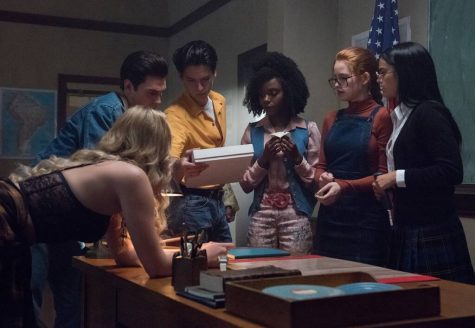
A scene from “The Midnight Club”
Perhaps the only successful risk was the fourth episode of season three, titled “The Midnight Club,” in which the main characters play younger versions of their parents in a Breakfast Club-esque scenario. Vox wrote a think piece on the episode and agrees that it represents what the show has to offer: Riverdale is a joy to watch, even when it is crashing and burning and especially when it takes on challenges that more established shows wouldn’t dream of. The cast, now regular attendees of the Met Gala and much bigger stars than most actors of a teen drama could imagine, seem to consider what they are making as high brow, touching TV, when in reality, Riverdale is so far from that.
When asked about the future of the show in a group interview with TVLine, Camila Mendes said, “We’ve kind of given up because nothing we predict ever happens.” Lili Reinhart added, “[Even the writers] usually don’t even know what’s going to happen.” And that is why Riverdale is worth a hate-watch. Who knows? Maybe you’ll learn to appreciate this wild slice of television.






